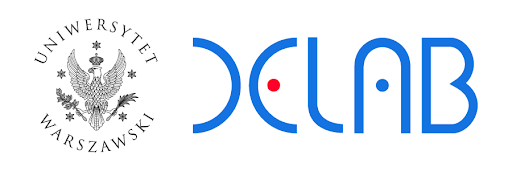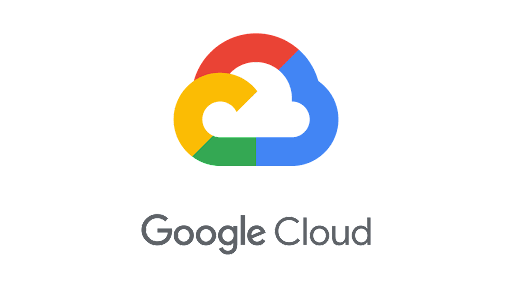Digital economy


The learning course is organized by WNE in cooperation with Google Poland
The aim of the course is to provide students with data science skills and to teach them how to use them in the context of the digital economy. The tools part of the course will cover data collection methods (web scraping, API), data analysis (machine learning, text mining), as well as ways of presenting and visualizing data in an attractive way. Digital economy aspects will extend the knowledge acquired from other economics subjects to include aspects related to the digital transformation of economies, such as the market for online platforms, the sharing and attention economy, smart cities, or online privacy.
The course responds to the expectations of respondents, who highlighted the need to acquire competencies in creativity and complex problem-solving at university, and expressed a desire to learn programming and data visualization. Students will develop competencies that enable them to carry out tasks in a modern working environment that is fundamentally flexible, geographically dispersed, prone to frequent and rapid change, and assumes the need to operate digital technologies and collaborate with automated systems and machines using artificial intelligence.
The program of the course is aimed at all WNE UW students. The course consists of eight subjects. In order to receive a certificate signed by the Dean of WNE UW and Google, a business partner of the course, it is required to pass 6 subjects: 4 subjects from the obligatory list and 2 from the optional list.
Obligatory subjects
- Challenges of the Digital Economy
- Introduction to programming in Python
- Usage of the Python language
- Data analysis with Google Cloud
Optional subjects
(you have to choose at least 2)
- Text-mining and Internet sources analysis in Python
- From data to insights with Google Cloud Platform
- Basics of internet marketing
- Data visualization in Tableau
